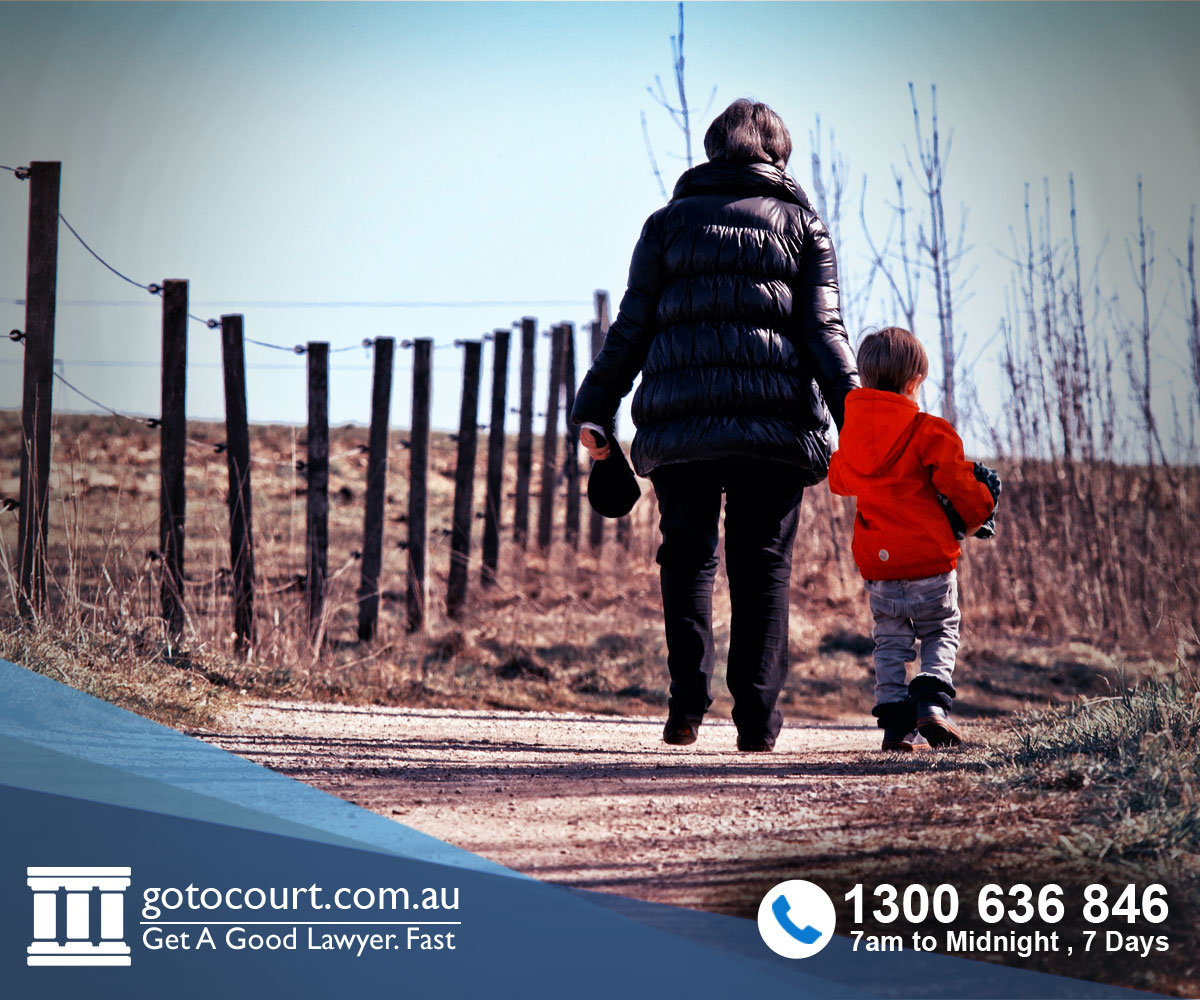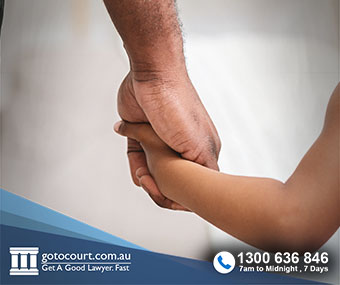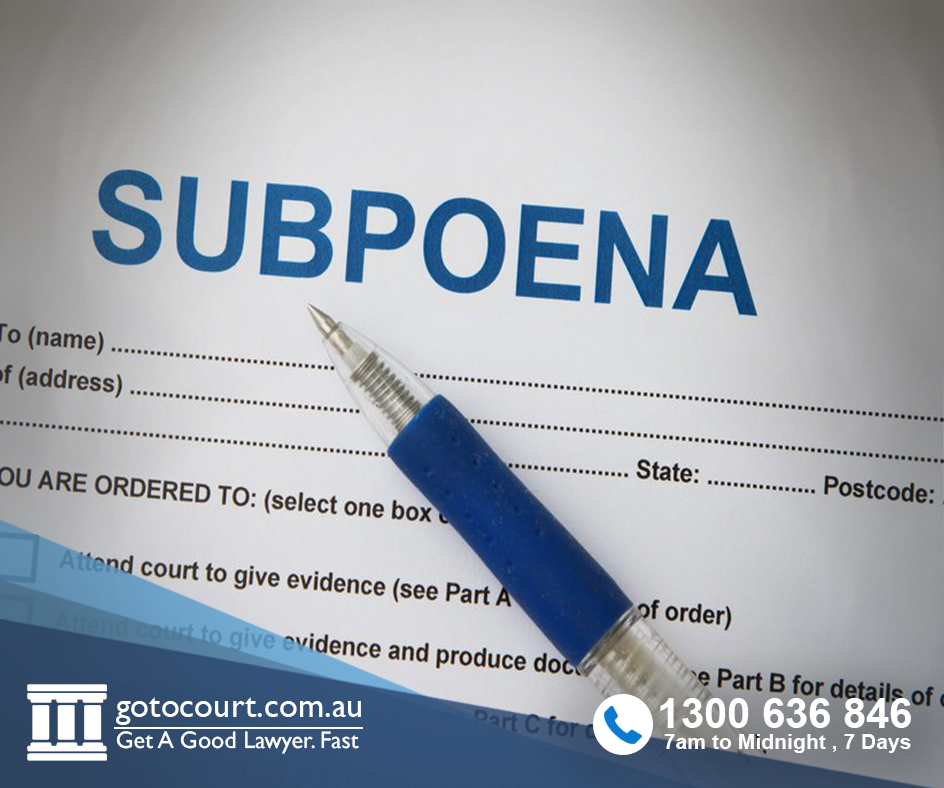Call our lawyers
now
or,
have our lawyers
call you
Presumptions of Parentage
Updated on Nov 14, 2022 • 7 min read • 488 views • Copy Link
Presumptions of Parentage
Presumptions of parentage are the framework courts and other agencies use to make an assumption about who the parents of a child are in the absence of direct evidence. In the past, a presumption of parentage was dictated by common law (court-made law). The common law presumption reflected traditional social norms: marriage only occurred between men and women, and children born out of wedlock were illegitimate.
Presumptions of parentage are now outlined in the Family Law Act 1975, which provides for complexities that can arise when children are born to single parents or same-sex couples and takes into account advances in reproductive technology and the increased use of surrogacy.
When are presumptions of parentage relevant?
Parentage can become a relevant issue in various family law matters including determining who is liable for payment of child support, and when ascertaining who has parental responsibility and what parenting arrangements are appropriate.
Whilst presumptions of parentage continue to apply, they can be rebutted by producing evidence in order to disprove the presumption on the balance of probabilities.
Presumptions of parentage at common law
The common law (court-made law) position on parentage followed the presumption of ‘legitimacy’ – where a child was conceived or born in wedlock, the mother’s husband was deemed to be the father unless at the time of conception the spouses were subject to a separation order.
Presumptions of parentage under the Family Law Act
The Family Law Act outlines the presumptions that apply where parentage is in issue, displacing the common law position.
These presumptions of parentage are broadly outlined below.
Marriage
A child born to a woman who is married to a man is presumed to be a child of that marriage. The wife is presumed to be the mother, and the husband, the father.
A child is further presumed to be a child of the marriage if born to a woman within 44 weeks after:
- The marriage is terminated by the death of her husband; or
- The marriage is annulled.
This presumption of parentage does not apply to same-sex couples.
Unmarried Cohabitation
A presumption of paternity arises from unmarried cohabitation where a man and women live together at any time during the period beginning 44 weeks prior to the birth of the child and ending not less than 20 weeks before the birth.
This presumption does not apply to same-sex couples.
Artificial conception procedures
Where a child is born as a result of an artificial conception procedure (ACP), either through an IVF clinic or an informal insemination procedure, the following presumptions apply.
Where the mother was partnered
A child born as the result of ACP is the child of the mother and her partner if
- When the child was born, the mother was married to or partnered with another person and the couple consented to carry out the procedure;
- The child is a child of the mother and her partner under a prescribed law
In these circumstances, then whether or not the child is biologically a child of the woman and of the other intended parent, they are parents for the purposes of the Family Law Act, and any other person who provided genetic material is not a parent of that child.
A person is a parent of the child under another law
A child born to a woman as a result of ACP is the child of a person if the person is the parent of the child under a prescribed law of the Commonwealth or a state or territory, whether or not the child is biologically a child of that woman or man.
Instrument acknowledging parentage
The Act dictates that a presumption of parentage arises from a person’s name being entered in either a register of births or a register of parentage information as being the parent of a child. Under this section, the register must be kept by the law of the commonwealth, a state or territory or a prescribed overseas jurisdiction. The most common example of where this presumption applies is where a person’s name is recorded as a parent on a child’s birth certificate.
Findings of a court
When an Australian court (or court of a prescribed overseas jurisdiction) makes an express or implied finding of parentage, this gives rise to the presumption of parentage.
Presumptions of parentage also exist at the State and Territory levels (as a result of various legislation) although these fall outside the scope of this article.
Rebutting a presumption
In most cases, the presumptions above provide an accurate answer to the question of parentage. Circumstances do however arise where either no presumption applies (and parentage is required to be established) or where presumption wrongly applies and needs to be rebutted.
If a dispute arises in relation to a child who is neither adopted nor born by “artificial” means, the court can order parentage testing of the parties. This most commonly occurs in situations where paternity (the identity of the father) is in dispute.
An order for parentage testing can be made at the court’s own initiative or where a party makes an application. In practice this involves the parties and the child undergoing blood or DNA testing. Where the court is satisfied of parentage after these tests are undertaken, the court is empowered to make a declaration. Under the Act, a declaration of parentage is conclusive evidence as to parentage and applicable to all the laws of the Commonwealth (including those that govern child support).
Effects of parentage determination
Parents of children have specific rights and obligations. Pending any orders to the contrary, parents have parental responsibility for their child and are therefore entitled to be involved in making day to day and long-term decisions for the child.
The issue of parentage can also arise in child support matters, where a parent (most commonly the alleged father) disputes paternity. When a parent makes an application for a child support assessment, the Child Support Agency must be satisfied that the parties to be assessed are parents of the child. Where a presumption of parentage arises, this is usually sufficient to progress the assessment and make a determination as to a party’s liability to make payments.
The Masson case
In recent years there has been an increase in the number of cases before the court that relate to disputes of parentage – particularly those that involve children conceived by donor sperm and/or surrogacy arrangements.
In June 2019 the High Court heard an appeal from the Family Court of Australia in relation to a child conceived via artificial insemination with a known sperm donor.
Mr Masson and Ms Parsons (both pseudonyms) agreed that a child would be conceived by Mr Masson providing donor sperm. The parties were close friends but were not in a relationship. After its birth, the child lived with Ms Parsons and her female partner. Mr Masson maintained a close relationship with the child and saw him frequently.
Mr Masson made an application to the court after Ms Parson indicated that she intended to relocate to New Zealand with the child and her partner. Mr Masson sought orders which prevented Ms Parson from relocating with the child, orders which predicated him first being considered a parent under the Act.
The Full Court of the Family Court of Australia found that Mr Masson could not be a legal parent of the child pursuant to NSW legislation which provided that a sperm donor (a person not in a relationship with the mother) could not be considered a parent.
The High Court found on appeal that Mr Masson should not merely be considered a sperm donor: the evidence instead supported the finding that he would correctly fall under the definition of parent under the Act. The Court stated:
“The ordinary, accepted English meaning of the word ‘parent’ is a question of fact and degree to be determined according to the ordinary, contemporary understanding of the word ‘parent’ and the relevant facts and circumstances of the case at hand”.
Legal advice
In the event questions of parentage arise, we would encourage you to seek legal advice as soon as possible – noting that the presumptions have significant impacts on parental rights and obligations. For legal advice in a family law matter or in any other legal matter, please contact Go To Court Lawyers.


Affordable Lawyers
Our Go To Court Lawyers will assist you in all areas of law. We specialise in providing legal advice urgently – at the time when you need it most. If you need a lawyer right now, today, we can help you – no matter where you are in Australia.How It Works








1. You speak directly to a lawyer
When you call the Go To Court Legal Hotline, you will be connected directly to a lawyer, every time.


2. Get your legal situation assessed
We determine the best way forward in your legal matter, free of charge. If you want to go ahead and book a face-to-face appointment, we will connect you with a specialist in your local area.


3. We arrange everything as needed
If you want to go ahead and book a fact-to-face appointment, we will connect you with a specialist in your local area no matter where you are and even at very short notice.




















